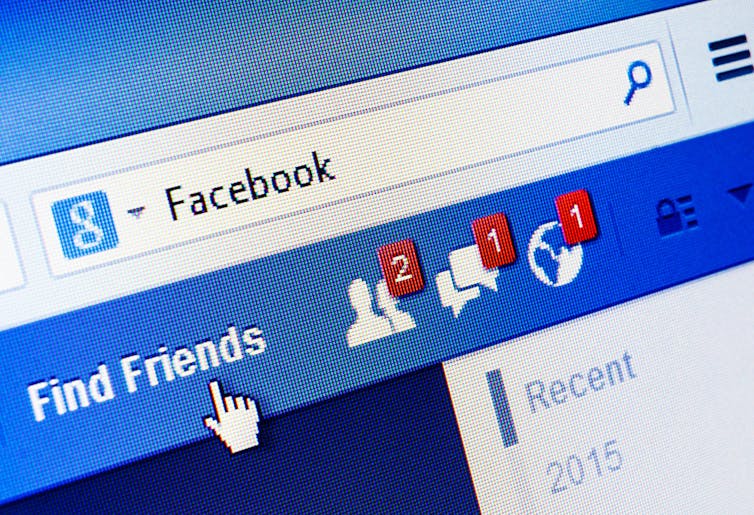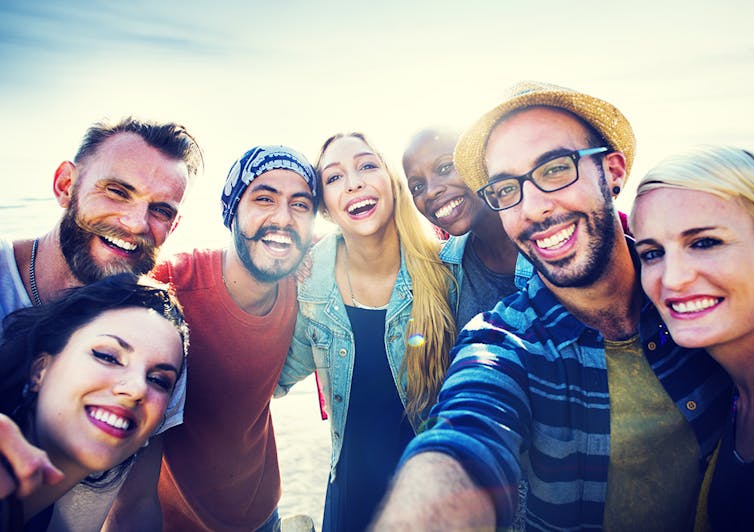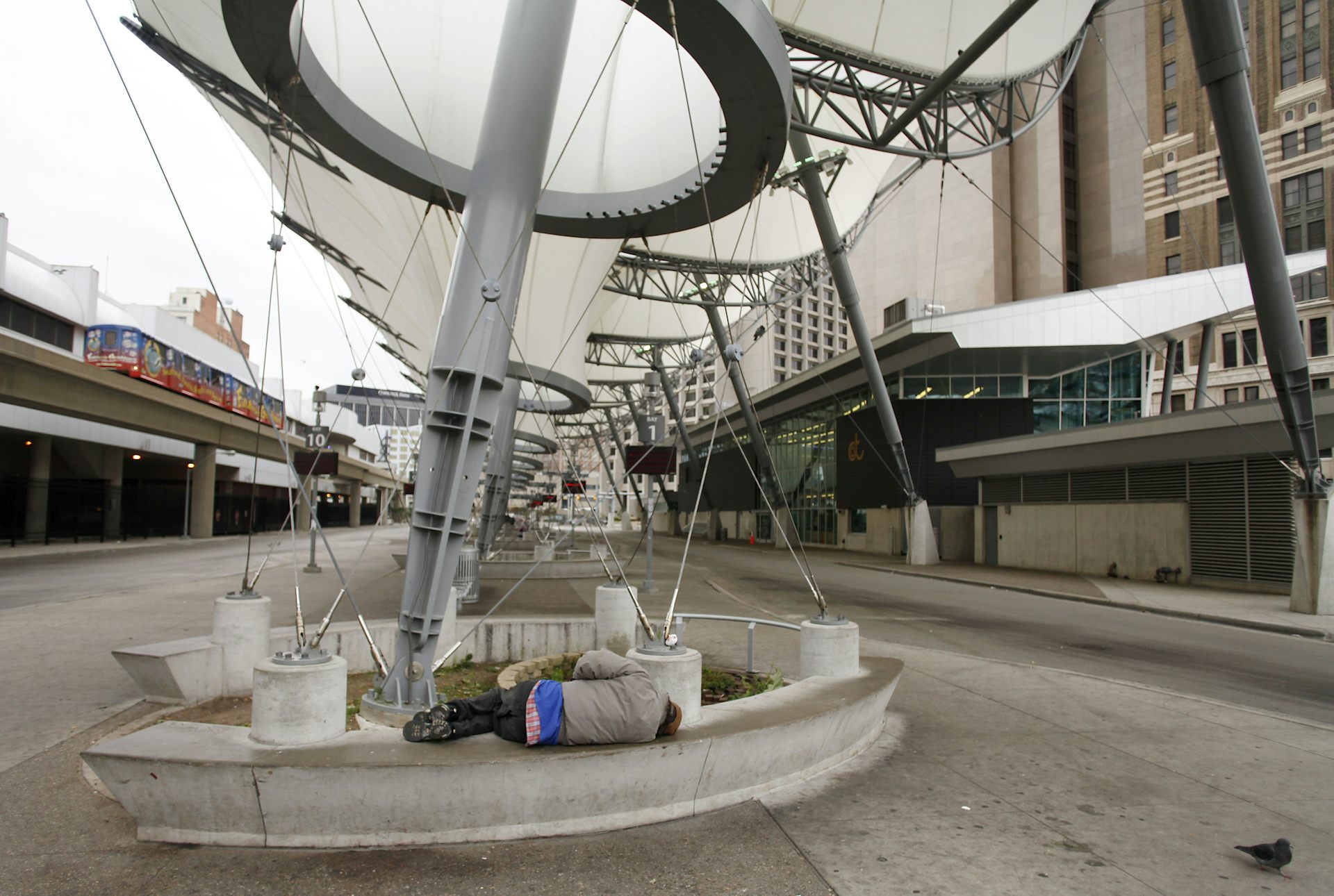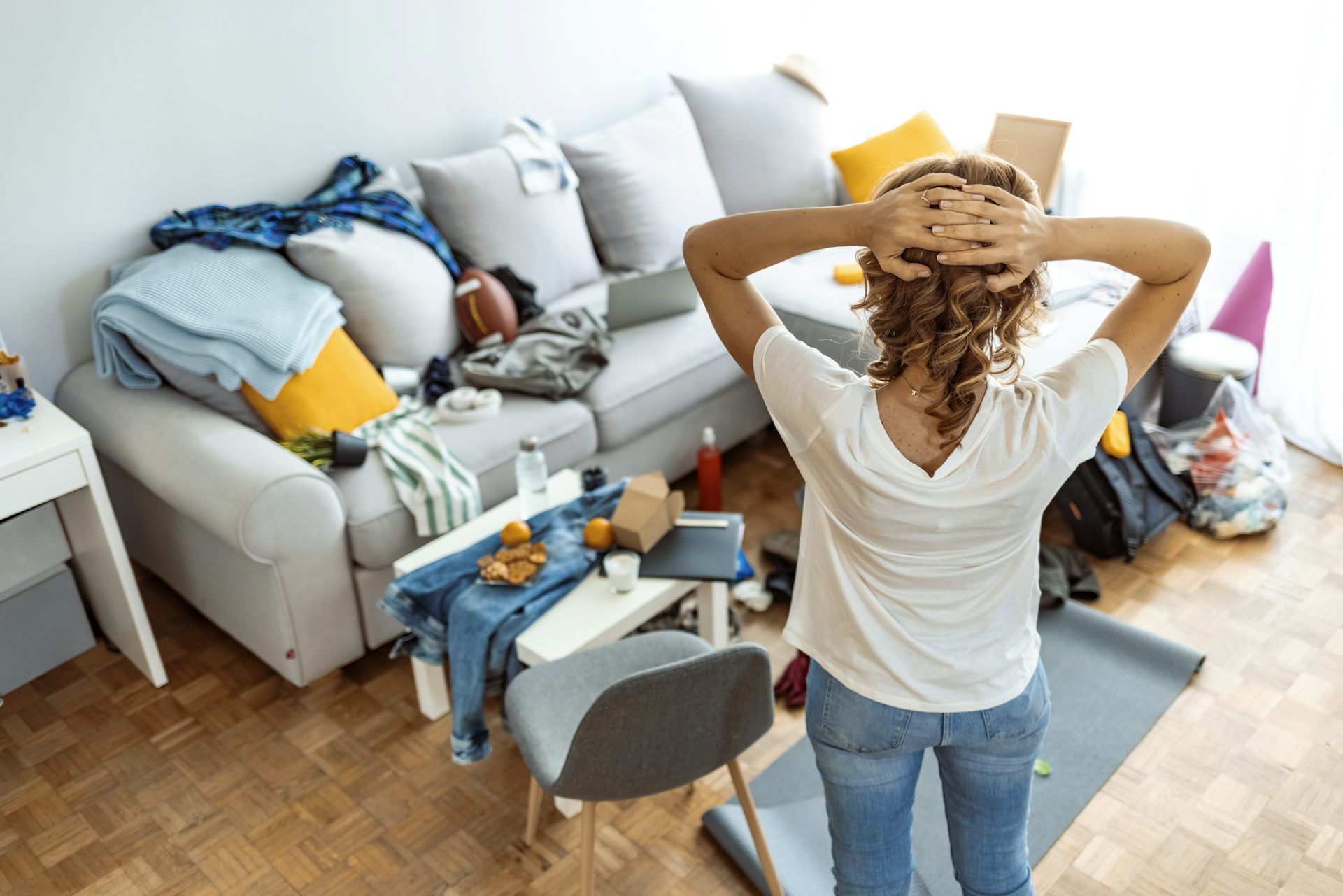Keeping score of 'friends' on Facebook and Instagram may be harmful to your health
Social media is making it easier than ever to measure your perceived popularity against your peers in ways that damage are well-being.

Ever felt like your peers have more pals than you do?
These days, with the rise of social media apps like Facebook and Instagram, it is easier than ever to benchmark the number of “friends” you have against your peers.
So, if you find yourself wondering how your social networks compare with other people’s, our latest research, published in Personality & Social Psychology Bulletin, suggests that you are far from alone. Furthermore, we found that believing that your peers have more pals than you do – even if demonstrably false – can be harmful to your health.
‘Tis human to compare
Decades of research in psychology suggest that social comparisons are a fundamental human tendency. We compare ourselves with others to evaluate and understand our abilities, our social standing and even our own feelings.
When making social comparisons, people generally see themselves coming out on top – or at least above average. That is, they are often overconfident about their abilities, rating themselves above average in health, attractiveness and intelligence.
Yet, there is at least one domain where people tend to think that they are doing worse than their peers: emotional experiences.
Previous research by one of our colleagues, Alex Jordan at the Harvard Medical School, found that people underestimate how often their peers experience negative emotions, like depression or stress, and overestimate how often they experience positive ones, like happiness, pride and hope.
One reason for the latter tendency is that people also generally overestimate how socially connected others are. After all, being socially connected is one of the most important predictors of happiness. It is therefore important to understand whether beliefs about doing worse than our peers extend to social belonging and to understand how these beliefs arise.

The rise of social media
Social media is making it a lot harder to avoid comparing our own connectedness with that of our peers.
Since the inception of Facebook in 2004, more than a billion people have created Facebook accounts, and today, its website is the most visited in the world. Americans spend about 56 billion minutes on Facebook each month.
While some of this time is spent actively messaging other people, the typical user uses the majority of his or her time on Facebook observing other people without posting – sometimes called “lurking.” Stated differently, people spend most of their time on social media gathering information about their peers’ lives.
And, social media posts are predominately focused on projecting the most positive versions of ourselves. Given the popularity of Twitter, Instagram, Snapchat and LinkedIn, it is nearly impossible to avoid learning about our peers’ accomplishments. As a result, it is also nearly impossible to avoid using this information as a benchmark to compare our lives with those of our peers.
We believe others have more friends
To examine the beliefs that people have about their peers’ social lives and how they affect well-being, we surveyed first-year students during their transition to college life at the University of British Columbia, a large public institution in Vancouver, Canada.
Across two similar studies with a total of 1,488 participants, we asked two key questions: How many friends do you have at university? And how many friends do you think other first-year students have? We also asked them to estimate the percentage of time that both themselves and their peers had spent socializing with new friends at the university in the past seven days.
A surprising share of students believed that their peers had more friends and spent more time socializing than they themselves did.
In our first study, 48 percent of first-year students believed their peers had more friends, whereas only 31 percent believed the reverse.
In our second study, the gap was even more pronounced: More than twice as many students believed that other first-years had more friends than they did rather than the other way around – 55 percent to 26 percent. Students also believed that their peers spent 24 percent of their time socializing with new friends at university as compared with the 20 percent for their personal estimate.
How this undermines happiness
In our second study, students also reported on their happiness and loneliness. To assess happiness and loneliness, students indicated their agreement with statements like “the conditions of my life are excellent” and “I see myself as a loner,” respectively.
Students who believed that their peers were doing better socially reported lower levels of life satisfaction and greater loneliness than students who thought that they had more friends.
Importantly, these results were stable even after we accounted for the number of friends that students had. In other words, even when students had an above-average number of friends, thinking their peers had more friends than they did undermined their well-being.

So why do we think this way?
Our research suggests that the public nature of social activities can lead people to think that their peers are doing better socially than they are.
Since social activities like eating or studying with friends often happen in public where they are easily seen, students likely overestimate how often these activities occur in their peers’ lives.
Social media also plays a role. In research that we published earlier this year, first-year students were more likely to feel like they didn’t belong at university after viewing highly social photos of their peers on Facebook.
We have not yet collected data to see how common these feelings and beliefs are outside of college. However, given how common feelings of loneliness are when people move to a new city or start a new job, it is possible that these social misperceptions could occur anytime people move to a new social environment.
A silver lining
Our study found evidence that these perceptions can shift over time. When we followed up with a subset of students and asked them identical questions four to five months later, we observed two key findings:
Later in the academic year, fewer students believed that other students had more friends than they did. These findings suggest that the tendency to see others as more social can change over time, potentially as people get to know their peers better and realize that those peers do not actually have more friends than they do.
We also found evidence that these beliefs – in moderation – might not be uniformly bad. Students who initially believed that other students had a few more friends than they did had themselves made more friends when we checked in with them down the road. This suggests that people who feel slightly, but not hopelessly, behind their peers might be more motivated to seek out new friendships. After making more friends, people are less likely to believe that others have more friends than they do.
If you have ever felt like everyone else is more connected than you are, there is a good chance you are not alone. Yet, if you use these feelings as motivation to reach out to a new colleague or grab lunch with a friend you haven’t seen in a while, this belief doesn’t always have to undermine happiness. In fact, it could help you become more connected.
Ashley Whillans receives funding from the Social Sciences & Humanities Research Council of Canada.
Frances Chen has received an insight development grant from the Social Sciences and Humanities Research Council in Canada.
Read These Next
GLP-1 drugs may fight addiction across every major substance, according to a study of 600,000 people
GLP-1 drugs are the first medication to show promise for treating addiction to a wide range of substances.
Hezbollah − degraded, weakened but not yet disarmed − destabilizes Lebanon once again
Hezbollah’s entry into the current war followed the killing of Ayatollah Ali Khamenei. The group has…
Housing First helps people find permanent homes in Detroit − but HUD plans to divert funds to short-
Detroit’s homelessness response system could lose millions of dollars in federal funding for permanent…






